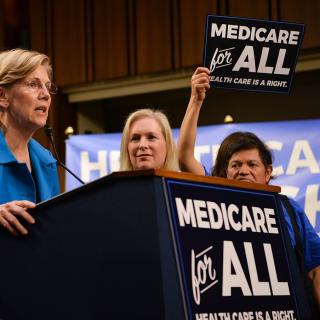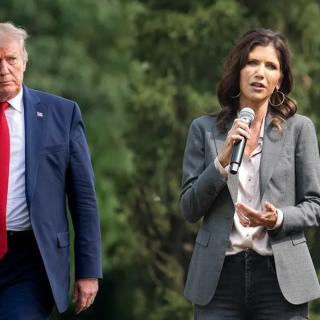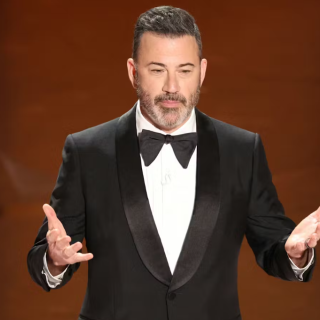An interview recently with the United Auto Worker’s (UAW) Sean Fain was a time and temperature check on the reform movement in the union that propelled his election several years ago. Before that, the long running efforts of the Teamsters for a Democratic Union (TDU) is known to many and continues to be active. We talked to Ken Paff of the TDU several years ago on Wade’s World and it’s clear the fire still burns.
More than fifty years ago, the reform movement that caught all of our attention was centered on the Mine Workers of America, which, even though declining, was still in the 60s and 70s, a major factor in both the labor movement and the US economy. The Miners for Democracy (MfD) rose in reaction to the assassination of Jock Yablonski and members of his family, a reformer who had lost a contested election unfairly to Tony Boyle. MfD was a rank-and-file effort that consolidated around Arnie Miller, a leader among miners campaigning to get health relief from black lung that was killing many. This was a huge campaign that attracted attention both inside and outside of the labor movement back then, even though not well-known now.
Edgar James, a prominent labor lawyer in recent decades, had been the campaign manager for MfD and Miller without the title, as he described to me recently on Wade’s World.
I first met Ed during my brief term on the board of the Youth Project. He had appeared before the board while seeking support for their ongoing efforts around 1974-75. I ran into him several times subsequently, when he was advising Andy Stern’s campaign to win the SEIU presidency and again more recently at a memorial at Georgetown University for John Sweeney. I got an email out of the blue that a six-part podcast was being launched to tell the story of MfD and those times. Unable to attend, I was glad to help Ed bring attention to the shows being done by Crooked Media on the fight between 1969-72.
In these days of social media, it is probably hard for some to imagine the bootstrap efforts that seemed common in those days with the antiwar efforts, farmworkers unionization, welfare rights, and even the founding of ACORN in mid-1970. It was all elbow grease, cigarettes, and coffee. As Ed told his story of being plucked into the effort almost by happenstance, that origin tale could be repeated with endless variations for so many. Where the worker-student alliance had been divisive in SDS in the late 60’s, efforts like the Miners for Democracy and the UFW were happy to recruit young people dropping out or just leaving college who were both cheap, energetic, and wise or foolhardy enough to believe they could make change in unlikely places and campaigns.
Ed made the case that the Miners effort might be less remembered and known today, because the nature of the campaign was so internal to miners and because of the Yablonski killing so fraught with danger that more publicity was risky. He told a story of riding into Harlan County during the election effort with miners whose long guns were poked out the window.
Everyone was packing, including Ed, a former seminarian, at the time.
Outsiders and volunteers in labor reform movements can be dangerous weapons themselves. The Youth Project later ran into difficult along with many other funders who flew too close to the sun in trying support some reform efforts like those that blew up the Teamsters union [see current issue of Social Policy on Ansara memoir review) after Ron Carey had won.
The rules restrict contributions in union elections to only union members.
The miners’ union of course is a shadow of itself now and generations away from the John Lewis days. Today, the Trump administration is pursing a misbegotten effort to revive what’s left of coal in this era of climate concern by providing 16 million acres of federal land for mining, waivers of royalties and more than $600 million to update mines. Nonetheless, the efforts of rank-and-file workers movements of members trying to restore democracy to their unions will never be for naught, even if far away from the news, then and now.



